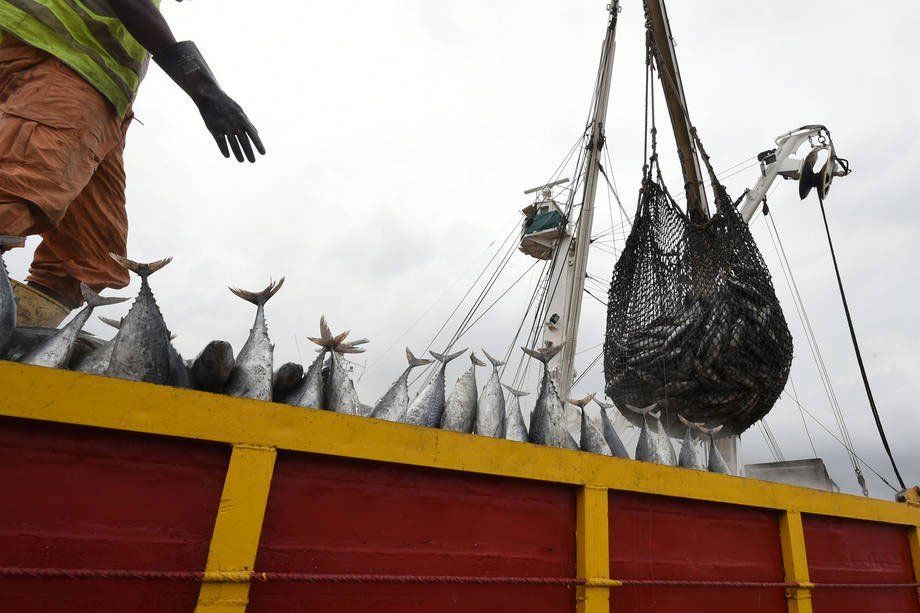UN agency urges implementation of accord to tackle illegal fishing
The United Nations Food and Agriculture Organization (FAO) has celebrated the entry into force of the Agreement on Port State Measures to Prevent, Deter, and Eliminate Illegal, Unreported, and Unregulated (IUU) Fishing as a historic milestone. This agreement, the first-ever binding international accord specifically targeting IUU fishing, requires foreign vessels to undergo inspections at any port of call and mandates port states to share information on violations. By blocking improperly caught fish from entering markets, the agreement aims to raise the cost of IUU fishing and foster international collaboration on sustainable ocean management and livelihoods.
However, implementing the agreement may pose challenges for some nations, particularly developing and small island states, due to resource and capacity constraints. To address this, the agreement includes provisions for assistance and funding from parties and international organizations. The Republic of Korea has already committed financial support, and other nations are encouraged to follow suit. The FAO has also established programs to provide technical, logistical, legislative, and legal support to help translate the agreement into practice.
Sustainable fisheries are crucial, especially since more than half of all fish exports come from developing countries. IUU fishing, which accounts for up to 26 million tonnes of annual catches valued at up to $23 billion, jeopardizes marine ecosystems and threatens the livelihoods and food security of millions of fish workers globally. While the agreement is a powerful tool, it cannot eliminate IUU fishing on its own and must be complemented by other efforts and tools. The FAO hopes that the momentum generated by the treaty’s entry into force will lead to further international collaboration on sustainable ocean management.

